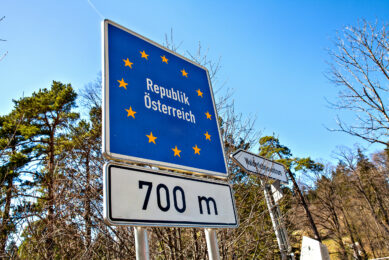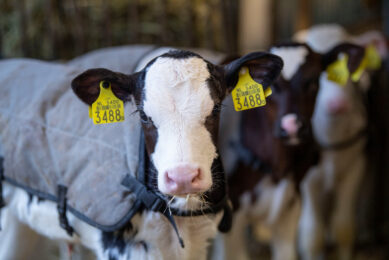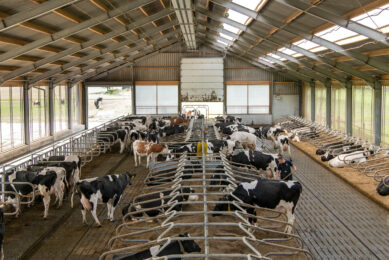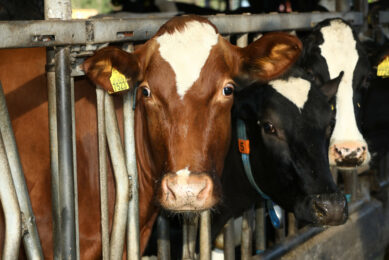Thailand: Antimicrobial-resistant bovine mastitis investigated
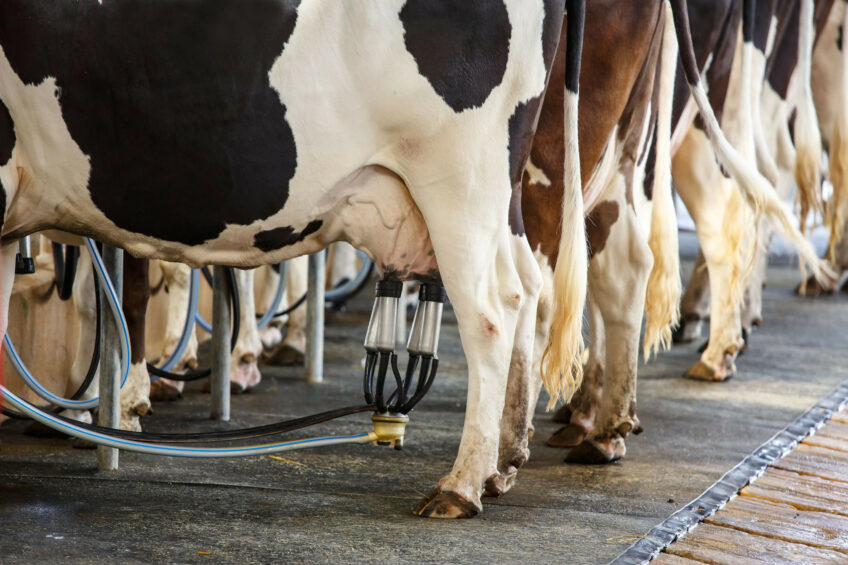
Research in the Far East has found evidence of antimicrobial-resistant bovine mastitis bacteria, although most pathogens were found to be susceptible to most antimicrobials.
The study, published in the journal Veterinary World, looked at whether the recent rise in extensive or incorrect use of antibiotics in the veterinary sector has led to antibiotic-resistant pathogens. Bovine mastitis is an inflammation of the mammary gland of dairy cattle that causes economic losses due to poor quantity and quality of milk from affected animals.
Mastitis in Thailand
The researchers looked at 35 dairy farms in Sakon Nakhon, Thailand, aiming to investigate bovine mastitis bacterial pathogens. Animals on the farms were screened for clinical and subclinical mastitis using the California Mastitis Test and clinical examination. Polymerase chain reaction was used to characterise bacterial species induced-mastitis (380 isolates) in cattle and antimicrobial resistance genes, and disk diffusion and broth microdilution were used to characterise antimicrobial susceptibility.
The results found the prevalence of Staphylococcus epidermidis-induced (38.10%; 32/84) mastitis in cattle was considerably high, followed by Streptococcus agalactiae (33.33%), Streptococcus uberis (25%), Klebsiella pneumoniae (8.33%) and Staphylococcus aureus (4.76%). In the study, Staphylococcus spp. isolates demonstrated 100% susceptibility to cefoxitin, and no antibiotic-resistant genes were identified.
Tetracycline (TET) and macrolide-resistant genes of Streptococcus spp. revealed that tetM was predominant in 55.63% (79/142), followed by tells and erm (B) (16.90%). Antibiotic tests revealed the following resistance profiles to bacterial species: TET (85.92%), clindamycin (29.58%), erythromycin (15.49%), levofloxacin (14.08%) and penicillin (0%).
Gram-negative bacterial isolates (K. pneumoniae (8.33%), Klebseilla variicola (2.38%), Klebsiella quasipneumoniae (1.19%) and Escherichia coli (1.19%) were recovered and still susceptible to meropenem (100%), ceftazidime (97.06%), ceftriaxone (79.41%) and ciprofloxacin (79.41%).
The Thai researchers concluded by saying that the results suggest that mastitis pathogens in this area were susceptible to most antimicrobials, with the exception of streptococci against TET. In this study, limited data were available including one from small-holder dairy farms and study only dairy farms in Sakon Nakhon, Thailand. So, more farms should be included in the future studies.
The study can be found here.
Join 13,000+ subscribers
Subscribe to our newsletter to stay updated about all the need-to-know content in the dairy sector, two times a week.



